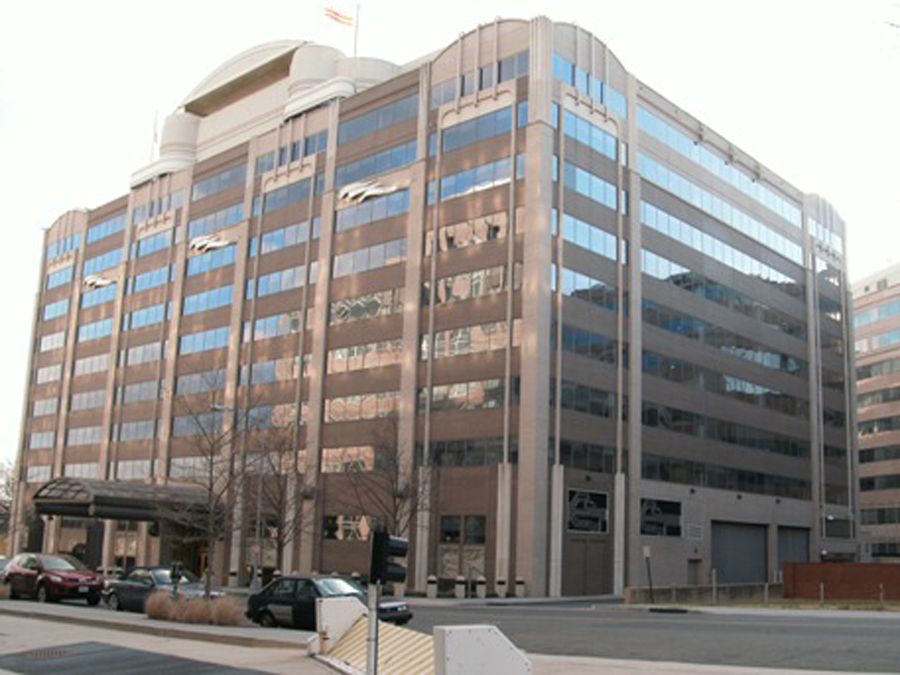FCC Issues Plan To Combat Systemic Barriers to Broadband Equity
Said all must benefit from next-gen communications

The smarter way to stay on top of broadcasting and cable industry. Sign up below
You are now subscribed
Your newsletter sign-up was successful
The FCC has issued its "Equity Action Plan," which it said was "Pursuant to the President's Executive Order On Advancing Racial Equity and Support for Underserved Communities Through the Federal Government."
The plan is primarily an outline of efforts already underway through a variety of legislative funding initiatives tied to COVID-19 and infrastructure upgrades, all of which have implications for closing the digital equity divide.
That plan will include coming up with rules to facilitate equal access to broadband service by November 15, 2023 that is already a Congressional mandate, but the FCC said that while it has not yet started a rulemaking, it plans on meeting that timeline.
Also: FCC Approves Rules for ACP Broadband Subsidy
"The FCC will pursue focused action and investments to eliminate historical, systemic, and structural barriers that perpetuate disadvantaged or underserved individuals and communities," the plan states. "In so doing, the FCC will work to ensure equitable and inclusive access and facilitate the ability of underserved individuals and communities to leverage and benefit from the wide range of opportunities made possible by digital technologies, media, communication services, and next-generation networks."
As an independent agency the FCC is under no obligation to follow presidential executive orders, but historically, since the chairman is of the same party as the President, the agency aligns itself with the goals of such orders, which President Biden's order "strongly" encouraged the FCC to do.
The FCC also has marching orders in that direction from the Congress. The Infrastructure Investment and Jobs Act (IIJA) charges the commission with facilitating equal access to broadband, including preventing "digital discrimination" based on income, race, ethnicity, color religion or national origin, the report points out.
The FCC has stood up a task force to prevent such digital discrimination.
Also: Pew Launches Broadband Equity Coalition
Then there is the $14.2 billion Affordable Connectivity Program (ACP) providing discounted service and equipment. Cost is also an equity issue since race-based inequities in educational and career opportunities have resulted in lower wages.
Also in the equity toolkit are the Emergency Connectivity Fund, a COVID 19-driven $7.17 billion program to help schools and libraries provide remote learning and close the homework gap, which is also a broadband affordability issue; and the FCC's effort to improve broadband maps to identify the greatest accessibility needs. ■
The smarter way to stay on top of broadcasting and cable industry. Sign up below
Contributing editor John Eggerton has been an editor and/or writer on media regulation, legislation and policy for over four decades, including covering the FCC, FTC, Congress, the major media trade associations, and the federal courts. In addition to Multichannel News and Broadcasting + Cable, his work has appeared in Radio World, TV Technology, TV Fax, This Week in Consumer Electronics, Variety and the Encyclopedia Britannica.

